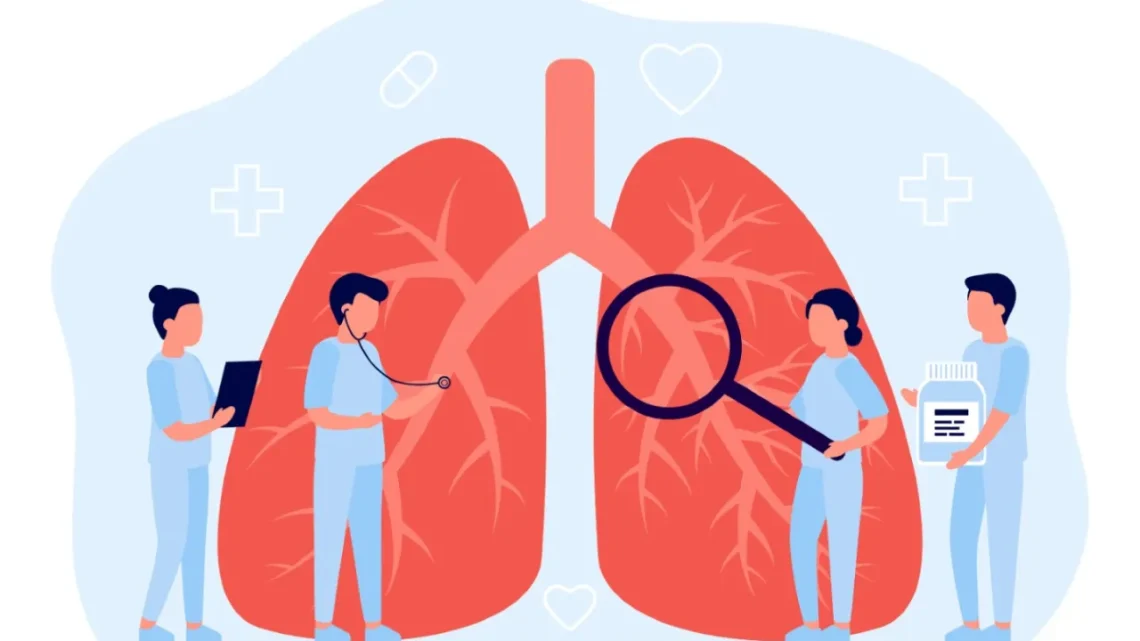Introduction
Cancer screening plays a vital role in early detection, improving the chances of successful treatment and survival. Different cancers have specific screening tests recommended based on evidence about who benefits most and when to start screening. Understanding these guidelines helps individuals and healthcare providers make informed decisions about timely screening and preventive care.
This article provides an overview of cancer screening guidelines for some of the most common cancers: breast, colorectal, lung, cervical, and prostate. It explains who should be screened, how often, and the benefits and limitations of these screenings.
Why Cancer Screening Matters
- Detects cancer before symptoms appear.
- Finds cancer at an early stage, when treatment is more effective.
- May identify precancerous lesions, allowing for intervention to prevent cancer.
- Helps reduce cancer-related mortality.
- Encourages healthy behaviors and awareness.
General Principles of Cancer Screening
- Screening tests are recommended based on risk factors such as age, family history, smoking, and genetics.
- The goal is to balance benefits vs. harms — over-screening can lead to false positives, unnecessary biopsies, and anxiety.
- Guidelines are developed by expert panels reviewing scientific evidence, e.g., USPSTF (U.S. Preventive Services Task Force), ACS (American Cancer Society).
- Individuals should discuss screening options with their healthcare providers.
Breast Cancer Screening
Who Should Be Screened?
- Women aged 40-74 are typically considered for screening.
- Higher risk women (family history, BRCA mutations) may need earlier and more frequent screening.
Screening Methods
- Mammography: Standard screening tool; recommended every 1-2 years depending on guidelines.
- MRI: Used in high-risk women in addition to mammography.
Guidelines Highlights
- USPSTF recommends mammograms every 2 years for women aged 50-74.
- ACS suggests starting at age 45, with annual screening until 54, then every 2 years.
- Shared decision-making is encouraged for women aged 40-49.
Benefits and Limitations
- Mammograms reduce breast cancer mortality through early detection.
- False positives and overdiagnosis are risks.
- Radiation exposure is low but considered.
Colorectal Cancer Screening
Who Should Be Screened?
- Adults aged 45-75 are recommended to undergo regular screening.
- Higher risk individuals (family history, inflammatory bowel disease) may need earlier or more frequent screening.
Screening Tests
- Colonoscopy: Gold standard, every 10 years if normal.
- Fecal Immunochemical Test (FIT): Annual stool test detecting blood.
- Flexible Sigmoidoscopy: Every 5 years.
- CT Colonography: Every 5 years for some.
Guidelines Highlights
- USPSTF recommends starting at age 45.
- Choice of test depends on availability, preference, and risk factors.
Benefits and Limitations
- Colonoscopy allows for the detection and removal of polyps.
- Stool tests are less invasive but require yearly compliance.
- Risks include bowel perforation with colonoscopy (rare).
Lung Cancer Screening
Who Should Be Screened?
- Adults aged 50-80 with a significant smoking history (30 pack-years or more).
- Current smokers or those who quit within the past 15 years.
Screening Test
- Low-dose computed tomography (LDCT): Annual screening recommended.
Guidelines Highlights
- USPSTF recommends annual LDCT for eligible high-risk individuals.
- Screening stops once a person has not smoked for 15 years or develops health issues limiting life expectancy.
Benefits and Limitations
- LDCT reduces lung cancer mortality in high-risk groups.
- False positives and overdiagnosis are concerns.
- Radiation exposure is low but cumulative.
Cervical Cancer Screening
Who Should Be Screened?
- Women aged 21-65.
Screening Tests
- Pap smear: Detects precancerous changes.
- HPV testing: Detects high-risk HPV strains causing cervical cancer.
Guidelines Highlights
- Start Pap testing at age 21 every 3 years.
- At age 30-65, Pap plus HPV co-testing every 5 years or Pap alone every 3 years.
- Screening may stop after age 65 if prior tests are normal.
Benefits and Limitations
- Screening has dramatically reduced cervical cancer incidence.
- False positives may lead to unnecessary procedures.
- HPV vaccination complements screening.
Prostate Cancer Screening
Who Should Be Screened?
- Men aged 55-69 should discuss screening options with their doctors.
- High-risk men (African American or family history) may start earlier.
Screening Test
- Prostate-Specific Antigen (PSA) blood test.
Guidelines Highlights
- USPSTF recommends individualized decision-making for men 55-69.
- Routine screening not recommended over age 70.
Benefits and Limitations
- PSA screening can detect prostate cancer early.
- Risks of overdiagnosis and overtreatment leading to side effects.
- Shared decision-making is vital.
Other Important Cancer Screenings
- Skin cancer: Regular skin checks for high-risk individuals.
- Ovarian cancer: No routine screening; focus on symptom awareness.
- Pancreatic cancer: Screening for high-risk groups only.
How to Approach Cancer Screening
- Discuss your personal and family history with your healthcare provider.
- Understand the pros and cons of each screening test.
- Stay up-to-date with recommended schedules.
- Maintain a healthy lifestyle to reduce cancer risk.
Conclusion
Cancer screening is a crucial preventive health measure that can save lives by detecting cancer early or preventing its development. Awareness of current guidelines for breast, colorectal, lung, cervical, and prostate cancers empowers individuals to take charge of their health through timely screenings.
Consult your healthcare provider to determine the best screening plan tailored to your risk factors and preferences.
FAQs:
At what age should I start breast cancer screening?
Most guidelines recommend starting mammograms between the ages of 40 and 50, with regular screening thereafter.
How often should I get screened for colon cancer?
Screening usually starts at age 45 and can be done every 1 to 10 years, depending on the test type.
Who qualifies for lung cancer screening?
Adults aged 50-80 with a heavy smoking history (30 pack-years or more) and recent smokers qualify.
What tests are used for cervical cancer screening?
Pap smears and HPV tests are the primary screening methods.
Is prostate cancer screening recommended for all men?
Screening is individualized, usually recommended for men aged 55-69 after discussing risks and benefits with a doctor.






